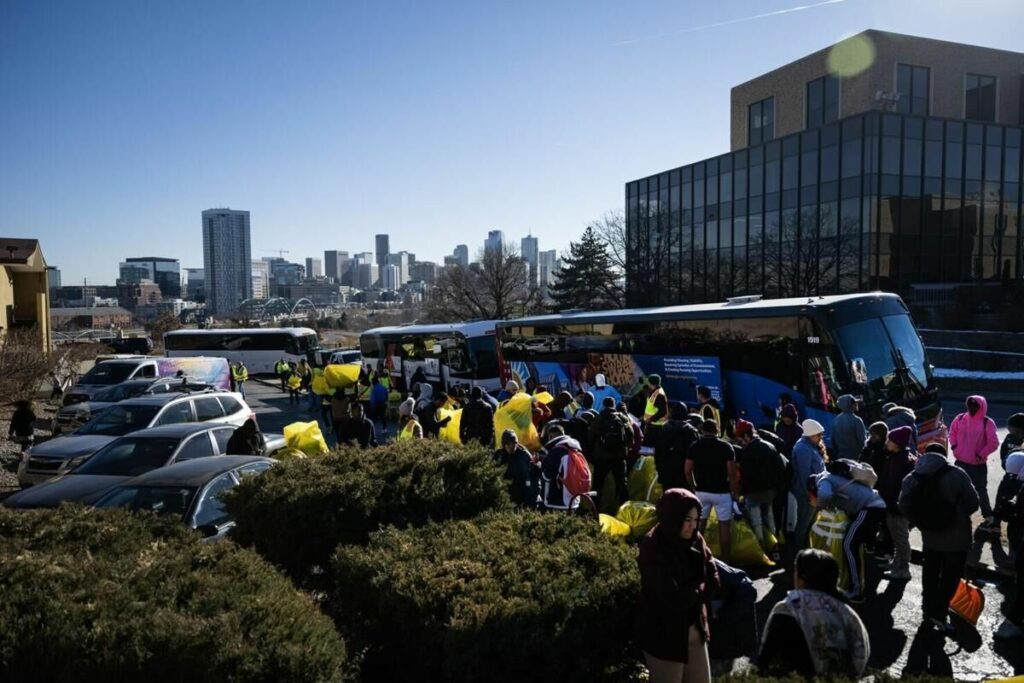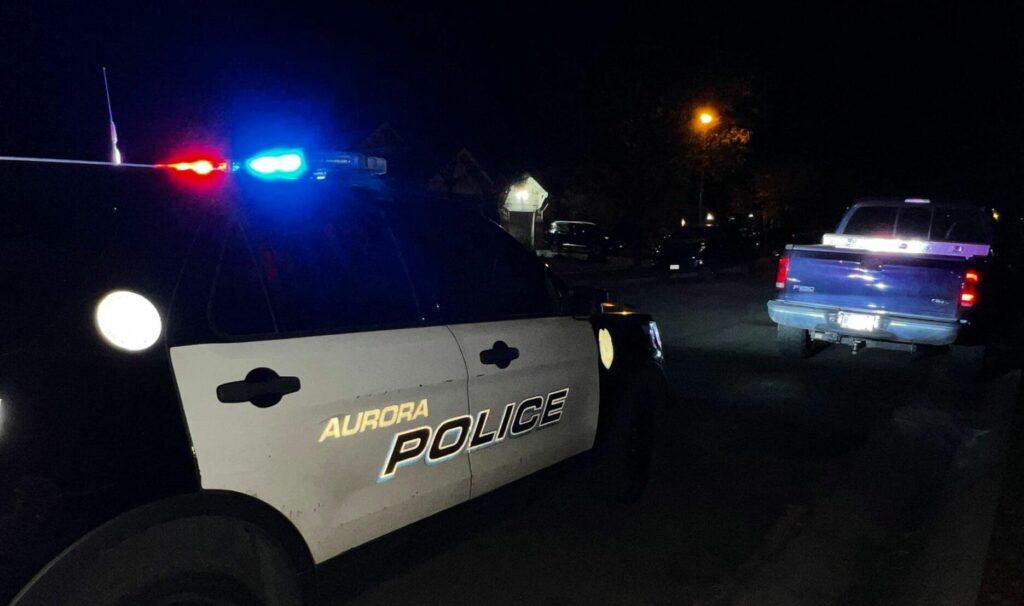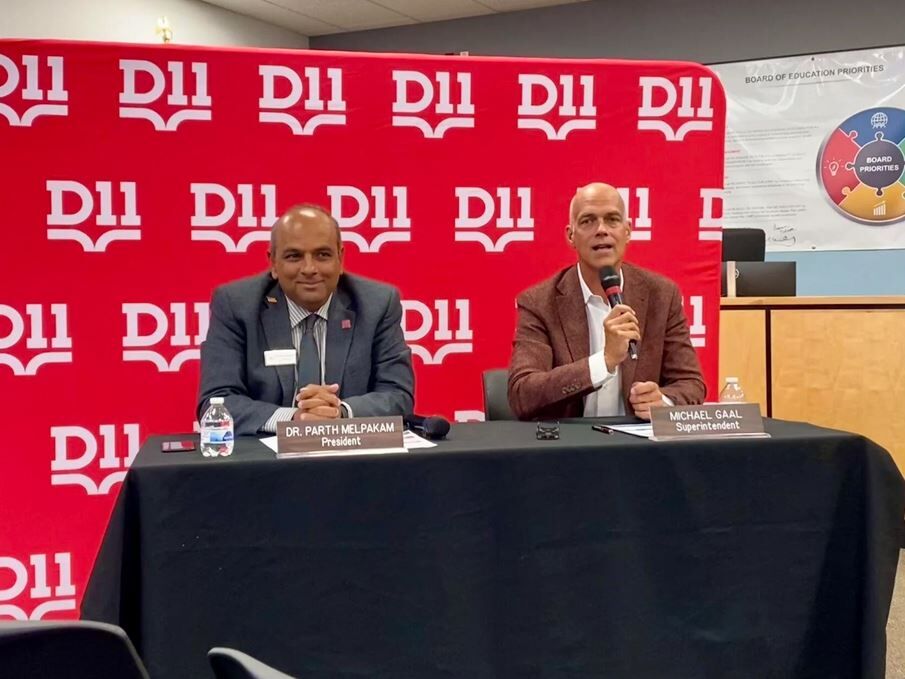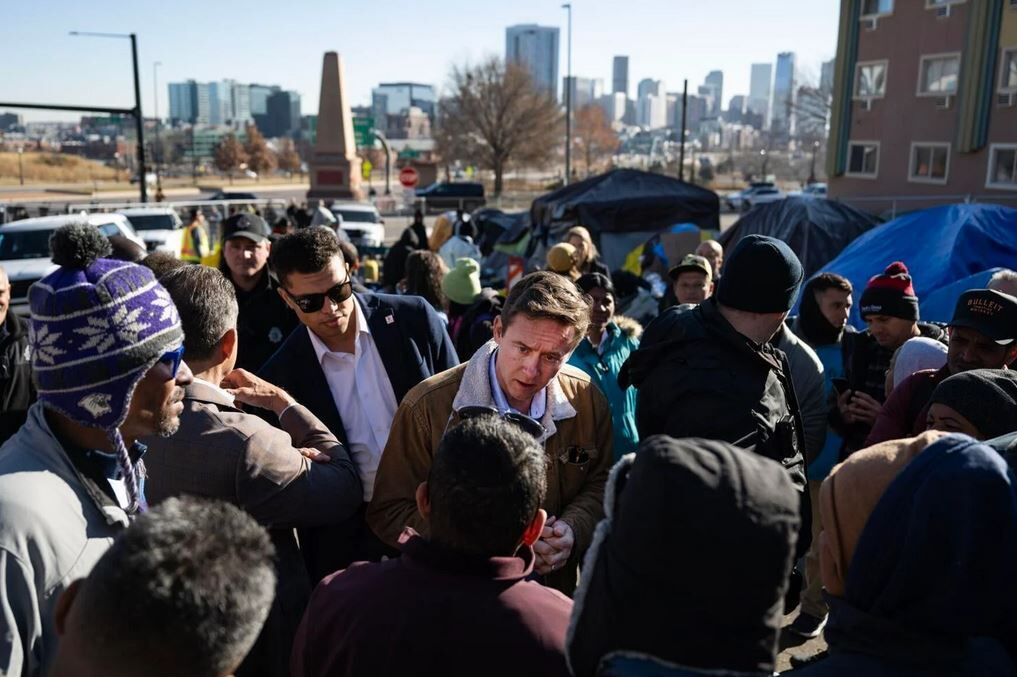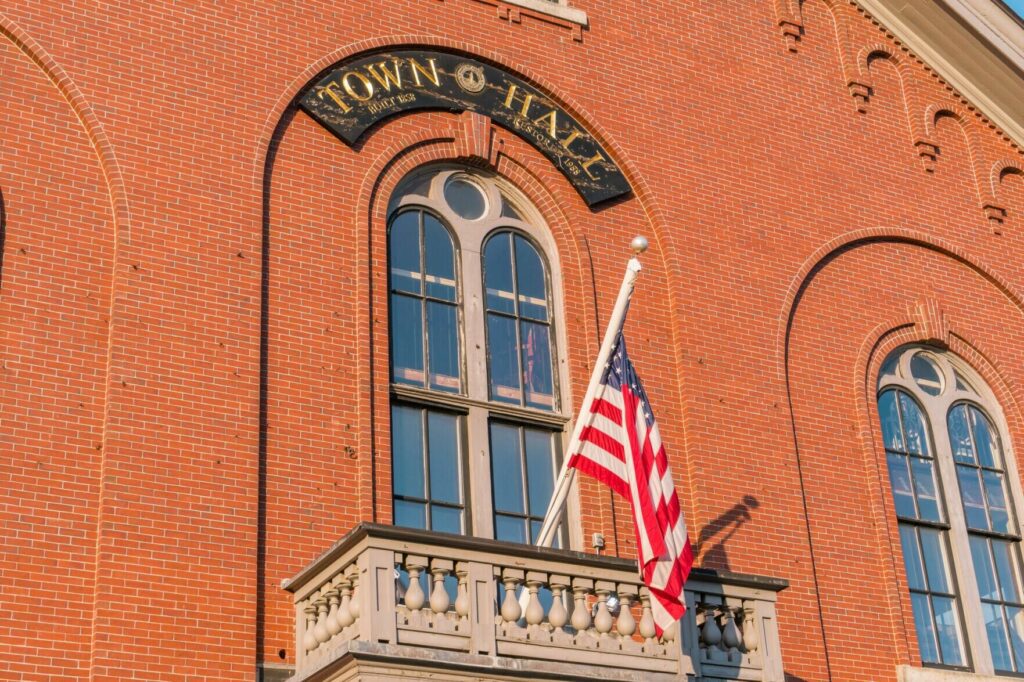Denver Gazette: Muddling the debate over mask mandates
Just when it seemed enough had been said in the back-and-forth over school mask mandates – and different state and local governments were reasonably using their leeway on the matter amid a COVID surge – the Biden administration has made an issue out of it once again.
And it is doing so in a way that might amount to intimidation – not to mention encroachment on states’ powers – if it weren’t so incoherent.
As reported this week by the national education news service Chalkbeat, the administration’s Education Department announced Monday it has launched civil rights investigations in Iowa, Oklahoma, South Carolina, Tennessee and Utah. The states have prohibited local mask mandates for schoolchildren.
What kind of civil-rights violations are we talking about?
The administration contends that policies in those states may have prevented schools from protecting students with disabilities who were at greater risk of catching a severe case of COVID. Education Secretary Miguel Cardona also has said previously that attempts to block school mask mandates could prevent school districts from reopening for in-person learning, which they are required to do under the law that provides COVID relief to schools.
“The Department will fight to protect every student’s right to access in-person learning safely and the rights of local educators to put in place policies that allow all students to return to the classroom full-time in-person safely this fall,” Cardona said in a prepared press statement.
In other words, the feds are demanding that the states return kids to in-person learning – but threatening to prevent it if schools don’t require masks. Which is kind of like threatening to take away a child’s homework if he balks at doing it.
And as to the Education Department’s concern for the risk to children with disabilities, the secretary seems to have confused the states’ ban on mask mandates with a ban on masks themselves. Students remain free to use masks in every state if they wish, of course, and many no doubt do.
Meanwhile, the debate over the efficacy of masks continues.
It’s unclear what exactly the administration thinks it really is going to accomplish at this point by muddying the waters on the mask debate once again. In light of the entire nation’s widely varied experience with the pandemic for the past 18 months, it seems unlikely micromanaging mask rules in a given school district will have an appreciable effect on COVID’s latest iteration as the delta variant.
What’s a school to do? All voluntary? Voluntary for older kids; required for those too young for the vaccine? Required for all ages? In fact, school districts across the country have gone every which way on the matter.
The same goes for Colorado, which arguably has a representative cross-section of the U.S. population. Some districts, like the state’s largest, in Denver, began the school year requiring masks for all grade levels. Others, like third-largest Douglas County Schools, started the year with an all-voluntary approach to masks but since then, following new directives from the regional Tri-County Health Department, began mandating masks for children 11 years old and younger. That kind of flexibility makes more sense than a one-size-fits-all approach.
In a controversial move just this week, Tri-County overrode earlier votes by the Douglas County and Adams County commissions to opt their counties out of the health department’s mask mandates. We’ll know more about the implications of Tri-County’s decision for school policies in its jurisdiction once the dust settles. For now, like the Biden administration’s gambit, it appears to be a high-handed attempt to trample the prerogatives of local government.
Whether such meddling comes from a regional health department (with an unelected board, by the way) or a distant presidential administration, it flouts the plain wisdom of local control. The government entity closest and most answerable to the people is the one most likely to be responsive to them.
Local government is in the best position to ensure a community’s COVID response is driven by an effort to balance competing and widely varied needs and concerns.
It’s why Douglas County and Adams County commissioners voted to opt out of Tri-County’s public health order in the first place. The counties hear from parents and must accommodate wide-ranging priorities with the minimal risk COVID poses to kids.
By contrast, a public health bureaucracy, especially at the state level, is buffered from rank-and-file parents and can operate in vacuum in which “kill COVID at all costs” is the only item on the agenda. Consequences be damned – whether for kids’ education, for the economy or for anything else.
What should be even clearer alongside such considerations is that we don’t need the administration in Washington second-guessing the states. All that does is reheat a divisive debate.



